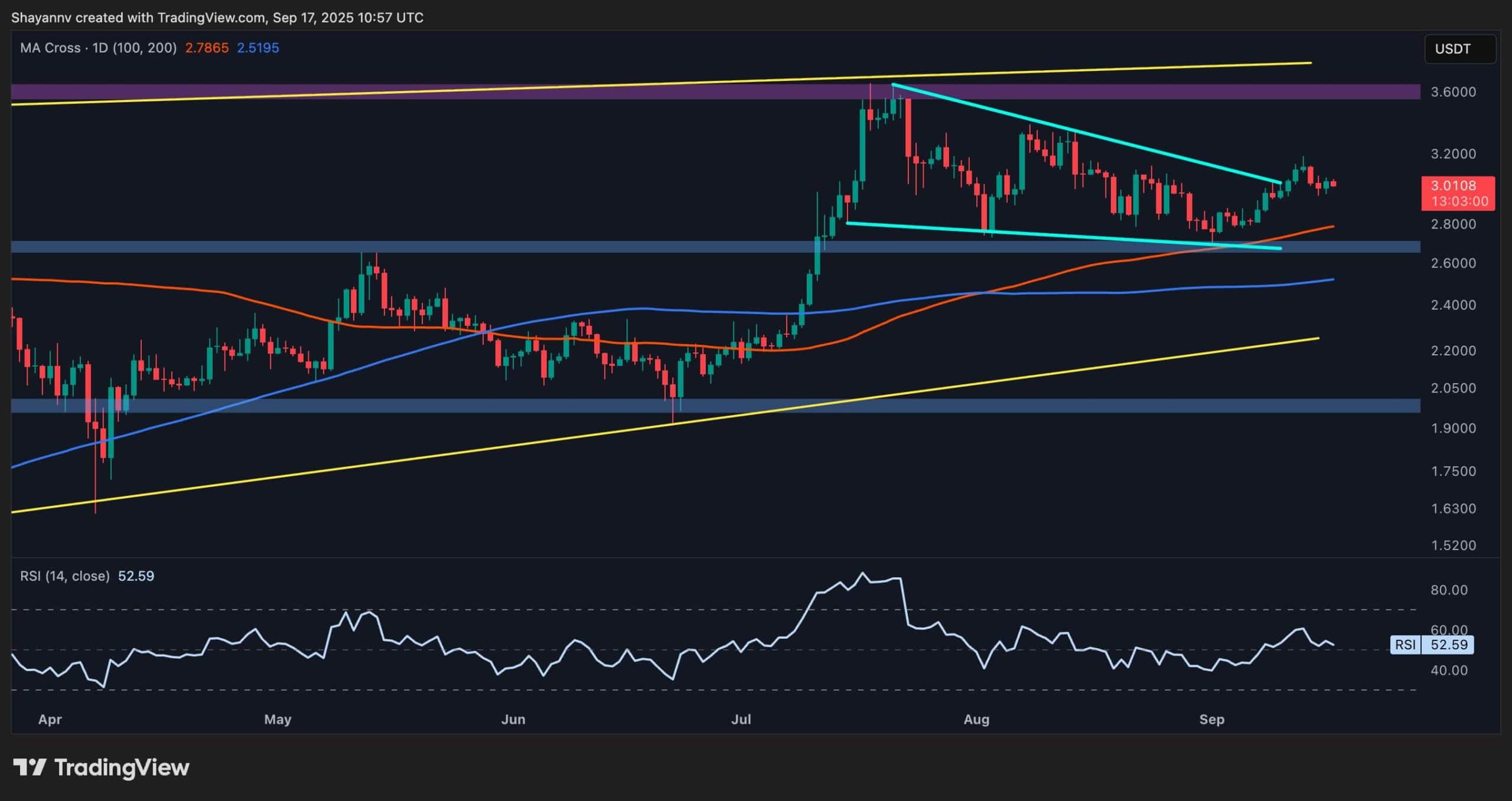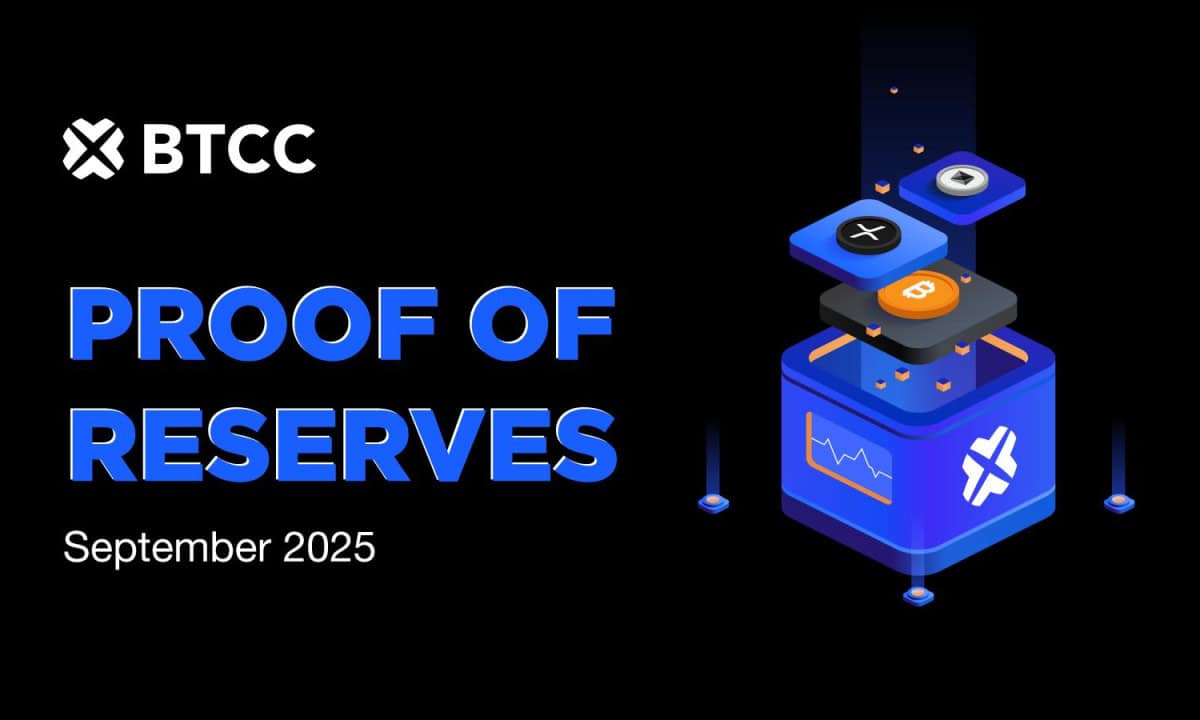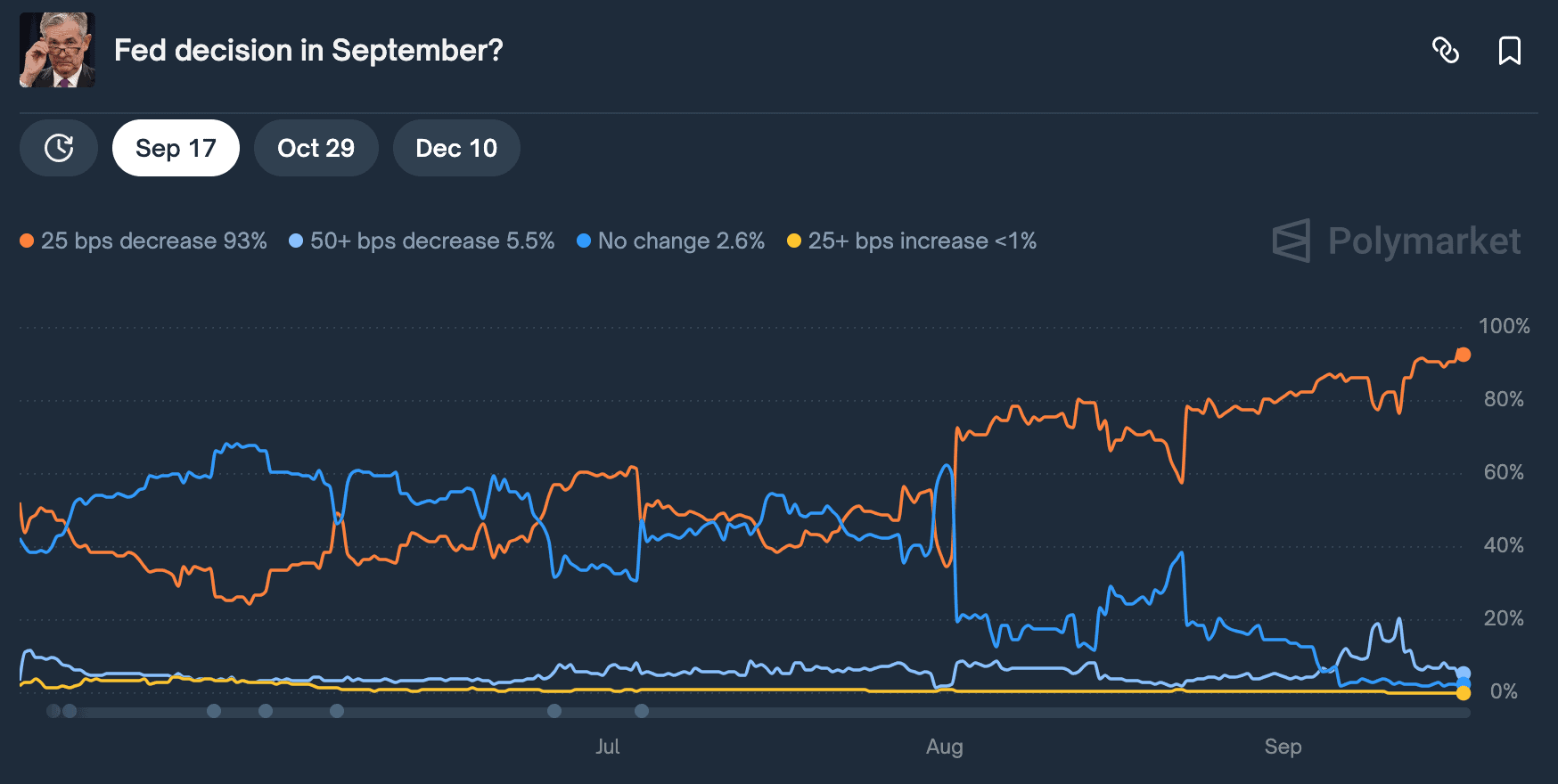Why Self-Custody Is Critical for Crypto Security
As any experienced crypto owner will tell you, self-custody is essential for protecting your crypto. But what exactly does it mean? Self-custody is the practice of holding and managing your own crypto assets without depending on third-party services such as exchanges or lending platforms. It means you—and only you—are responsible for storing, backing up, and controlling access to your private keys.
This approach eliminates the risk of losing access to your assets due to centralized failures and aligns with the core ethos of crypto: decentralization and financial sovereignty. Freedom is at the heart of crypto’s appeal. But, as often happens in life, freedom isn’t handed to you—it’s earned through responsibly managing your resources.
Why Relying on Crypto Exchanges Can Be Risky
The 2025 bull market is in full swing, but history reminds us that exchange failures often happen after the hype dies down. FTX’s collapse in 2022 is a prime example: customers lost access to their funds when the exchange couldn’t meet withdrawal demands.
This risk isn’t theoretical—it’s real. Continuing to store assets on centralized platforms contradicts the very reason crypto was created: to break free from middlemen and take ownership of one’s finances.
As Nassim Nicholas Taleb’s turkey analogy goes: just because things appear stable doesn’t mean disaster isn’t around the corner. The only way to avoid becoming the turkey is to act early—before it’s too late. That starts with moving your crypto into your own custody.
How to Self-Custody Crypto: Hot vs Cold Wallets
Choosing how to store your crypto is a crucial part of protecting it. Generally, wallets fall into two categories—hot and cold—each offering a different balance between convenience and security.
Hot wallets are mobile or desktop apps that store your private keys on internet-connected devices like laptops or smartphones. They’re typically free and user-friendly, but their connection to the internet leaves them vulnerable to malware or hacking. These wallets are best suited for small, everyday transactions.
Cold wallets, by contrast, store your keys offline—making them far less susceptible to online threats. A common example is the hardware wallet: a physical device designed specifically to isolate and protect your crypto. These are ideal for long-term holders or anyone managing substantial amounts of digital assets.
When choosing a hardware wallet, many security-conscious users lean toward open-source solutions. These wallets allow for full code transparency, which means the community can audit and verify their integrity. Trezor is one example: its open-source firmware and straightforward design are specifically built to focus on one thing—securing your keys without unnecessary features that could increase vulnerability. This transparency and purpose-built architecture make open-source hardware wallets a trusted choice for anyone serious about self-custody.
Self-Custody: The Key to Owning Your Crypto Future
Ultimately, self-custody isn’t just about securing your digital assets—it’s a mindset. It requires learning how to manage your keys, understanding the risks, and using the right tools.
Centralized platforms can fail. Markets can crash. But self-custody allows you to maintain control no matter what happens.
The good news is that the tools to take this step are more accessible than ever. With hardware wallets, open-source options, and growing educational resources, it’s never been easier to take control of your financial future. The first step? Make a plan and start today.
Disclaimer: The above article is sponsored content; it’s written by a third party. CryptoPotato doesn’t endorse or assume responsibility for the content, advertising, products, quality, accuracy, or other materials on this page. Nothing in it should be construed as financial advice. Readers are strongly advised to verify the information independently and carefully before engaging with any company or project mentioned and do their own research. Investing in cryptocurrencies carries a risk of capital loss, and readers are also advised to consult a professional before making any decisions that may or may not be based on the above-sponsored content.
Readers are also advised to read CryptoPotato’s full disclaimer.
Binance Free $600 (CryptoPotato Exclusive): Use this link to register a new account and receive $600 exclusive welcome offer on Binance (full details).
LIMITED OFFER for CryptoPotato readers at Bybit: Use this link to register and open a $500 FREE position on any coin!




